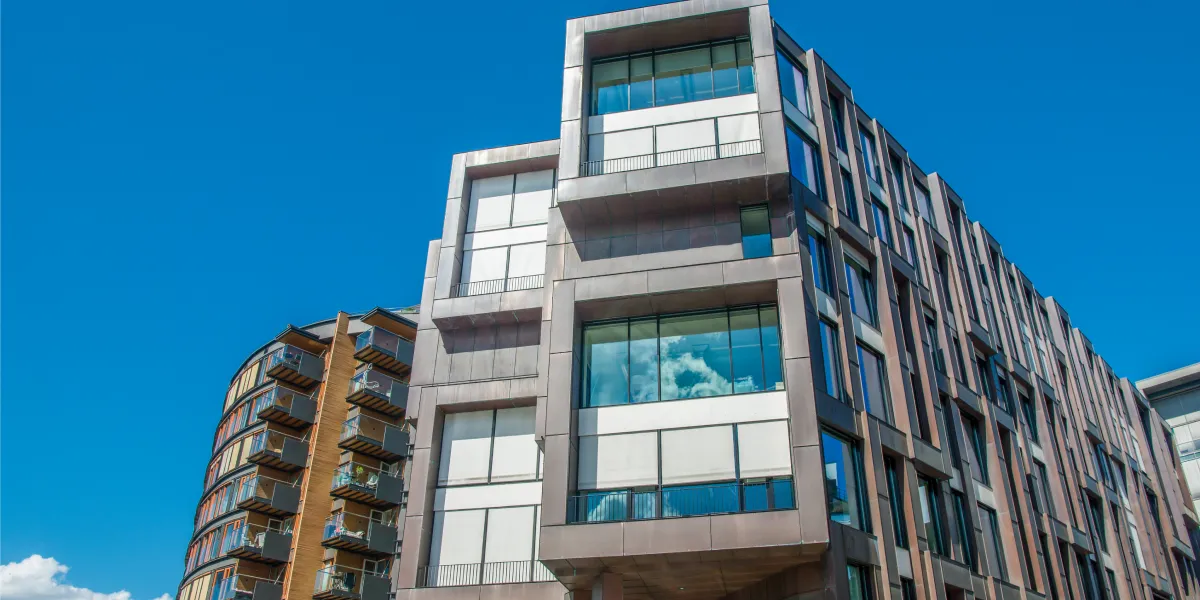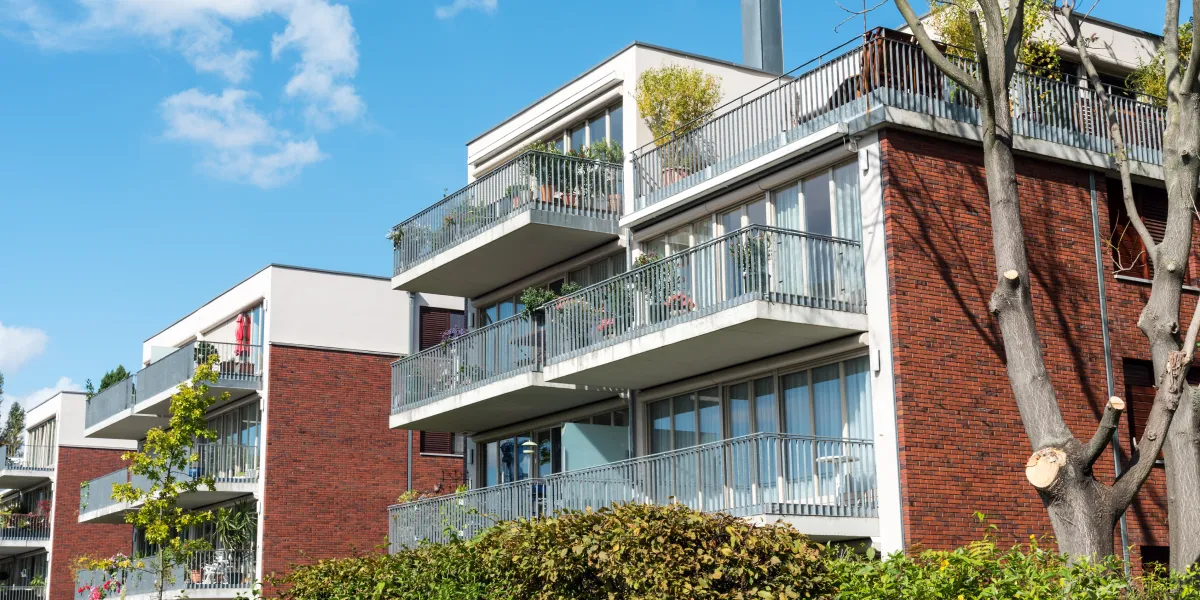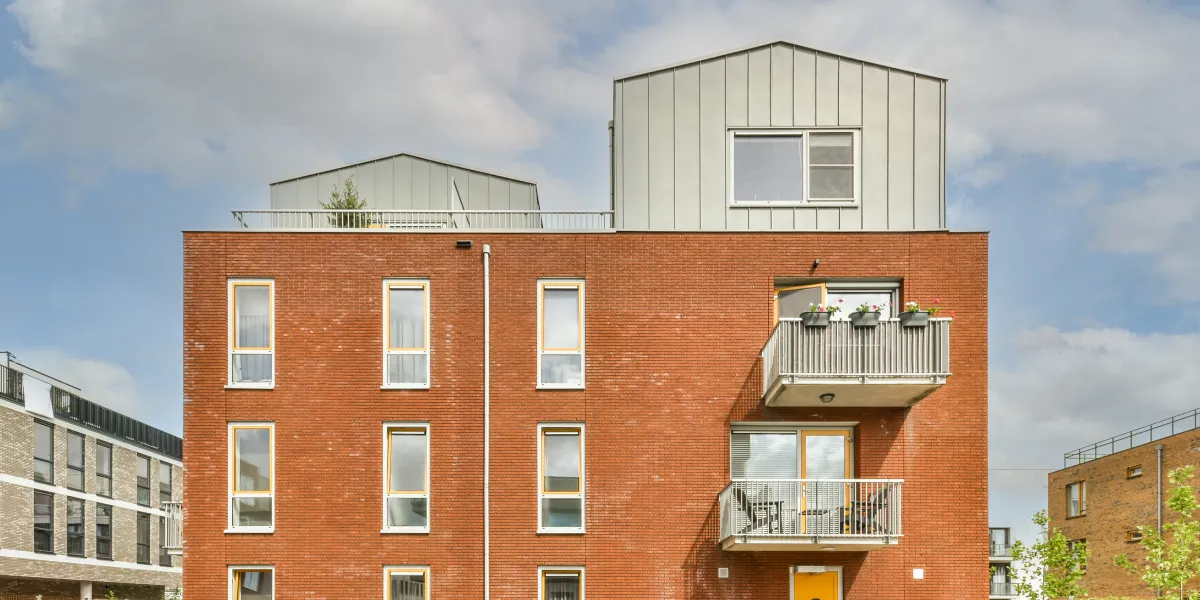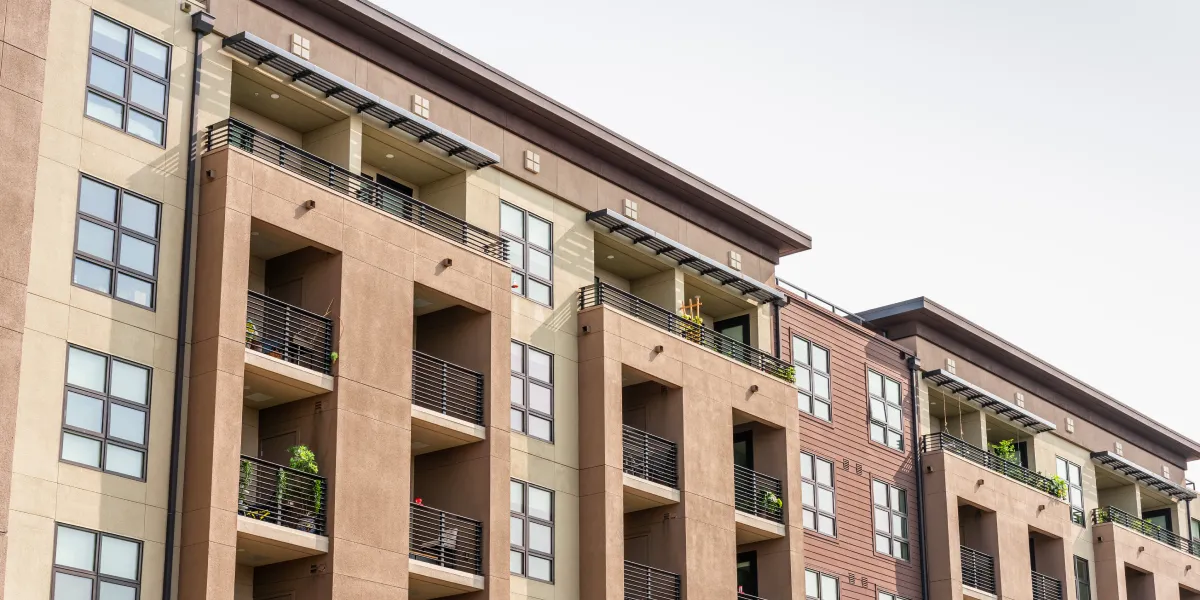When searching for a new home, one of the most important decisions you’ll make is choosing the right neighborhood. While the home itself might tick all the boxes, the location is just as crucial for your long-term happiness and investment. Here are a few key factors to consider when deciding on the perfect neighborhood for your new home:
1. Proximity to Work and Amenities
One of the first things to consider is your daily commute. How far is the neighborhood from your workplace? Time spent in traffic can take a toll on your overall quality of life, so it’s essential to choose a location that minimizes commute time.


In addition to proximity to work, think about how close the neighborhood is to amenities like grocery stores, shopping centers, schools, and healthcare facilities. A convenient location can make day-to-day life much easier and more enjoyable. Research the area to see if there are parks, recreational facilities, and restaurants that suit your lifestyle.
2. Safety
Safety is a primary concern for most homebuyers. Before committing to a neighborhood, check local crime statistics and talk to the neighbors about the area’s safety. A quick online search or a visit to the local police department can provide useful information about the neighborhood’s crime rate. For families, finding a safe neighborhood is especially critical for peace of mind and security.
3. School District Quality
If you have children or plan on starting a family, the quality of local schools is likely at the top of your list. Even if you don’t have children, homes in neighborhoods with highly-rated school districts tend to hold their value better and appreciate more over time. Check school ratings and visit the schools to learn more about their programs and facilities.

4. Future Development
Look into the future development plans for the area. Are there any large commercial or residential projects planned that might affect property values or the overall atmosphere of the neighborhood? While some developments can be a positive, bringing new amenities and jobs to the area, others can detract from the neighborhood’s charm or lead to congestion.
5. Affordability and Property Values
Ensure that the neighborhood fits your budget not only for the home purchase but also for property taxes and homeowners’ association (HOA) fees, if applicable. It’s also essential to assess the area’s current and projected property values to determine if your investment is likely to appreciate over time. Working with a knowledgeable real estate agent can help you evaluate the financial aspects of the neighborhood.

6. Community and Lifestyle
Lastly, consider the overall vibe of the neighborhood and whether it aligns with your lifestyle. Do you want a quiet, family-friendly community, or do you prefer a vibrant urban area with a buzzing social scene? Walk around the neighborhood at different times of the day and talk to residents to get a feel for the community.
Choosing the right neighborhood can make all the difference in how much you enjoy your new home. Take the time to evaluate these factors carefully to ensure you find a location that meets your needs and enhances your quality of life.
